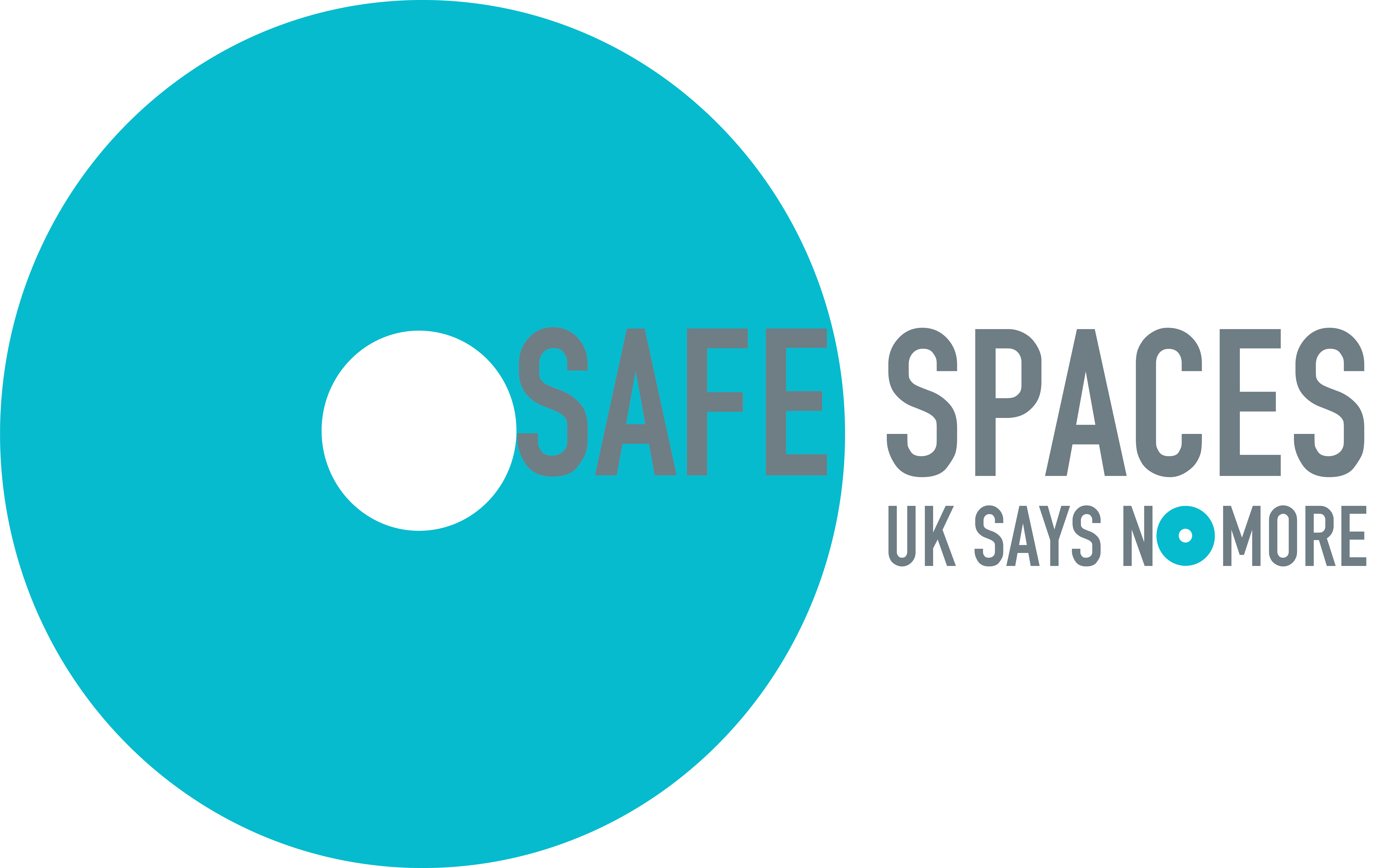1. Treat team members as individuals with individual needs
The ‘one size fits all’ methodology is a thing of the past. Managers need to get to know their team, and each member’s individual needs, to provide effective support. Where possible, allowing different flexible working arrangements for different staff is a good way to accommodate individual circumstances that may exist. Equally, the way you communicate on a 1-2-1 with team members should adapt depending on the circumstances, and people’s preferred learning and communication styles. Adapting your approach to individual needs is the key to successful inclusion because everyone is different.
2. Call out inappropriate behaviour
Ignoring inappropriate behaviour is one of the most damaging negative influences in fostering an inclusive culture. Remarks presented as jokes or innocent comments can be offensive and are counter-productive when it comes to developing a cohesive and high-performing team. Managers must be on alert and prompt when it comes to calling out inappropriate behaviour, even when it’s intended as a ‘ joke’. Handling these issues sensitively and swiftly is the key to maintaining team harmony.
3. Educate yourself about the diversity in your team
Everyone has their own set of life experiences and expertise. As a leader, you may not have personal experience of being a carer, struggling with mental health or living as a minority in society. Nonetheless, you should be able to empathise with everyone’s individual circumstances as unique human beings. Being open-minded to the needs and realities of others will help you to be an inclusive and approachable figure within the business.
4. Listen without being judgemental
Listening is one of the most underrated skills of a manager. Of course, your role is to lead and direct, but taking into account the views of your team is guaranteed to make you a much more inclusive manager. The best examples of engaged teams with high performance come from collaborative work environments where staff feel seen and heard. Making assumptions about a member of staff’s experiences can lead to a breakdown of trust, and a sense of dissatisfaction and exclusion at work.
5. Set examples of inclusive behaviours and appropriate behaviours
Your team will look to you to set an example of how to behave as a part of the organisation. Make sure to demonstrate an interest in people in your team as well as tolerance for difference. Actively encourage diversity of thought to encourage everyone in the business to do the same. Leaders and corporate teams should also take an active role in the inclusion agenda, such as advocating for network groups and mental health first aiders in the workplace.
6. Talk about inclusion as a core part of your company’s operations
Inclusion needs to be included in the language, policies and practices of the organisation. Use team briefings as an opportunity to discuss different aspects of inclusion, facilitating discussions about what inclusion is, what the company’s policies are, and how to support colleagues from different walks of life. Weaving inclusion into team discussions and activities, as opposed to a stand-alone agenda item, is the key to establishing it as part of the culture.
7. Think about inclusion in how you deliver your services
Every organisation needs to think about how to meet the needs of the diverse communities in their staff and customer base. For some organisations, this is an obvious link – for example, managing accessibility needs in a retail or hospitality environment. However, we are increasingly seeing organisations think about various subjects such as how they design products for women, deliver services for those who don’t speak English as a first language, and ensure that websites are accessible for people with dyslexia.
Encouraging your team to think about how they can be more inclusive in how they operate will without doubt help to achieve team objectives. Here, discover more about how Clear Company can help you with inclusive recruitment and talent management.
8. Accept that managing diverse teams may not be easy
Although inclusive management of a diverse team may not always be simple, it is rewarding, and ultimately the right thing to do. If you’re looking for assistance in training inclusive managers, The Clear Company can help you to build a strategy that will have a lasting impact.
We have been working to bring about positive change in businesses for 16 years, and we are recognised as global leaders in inclusive talent management, training, insight and technology. Contact us today, to discover exactly how our HR experts can assist your organisation on its equality, diversity and inclusion journey.




